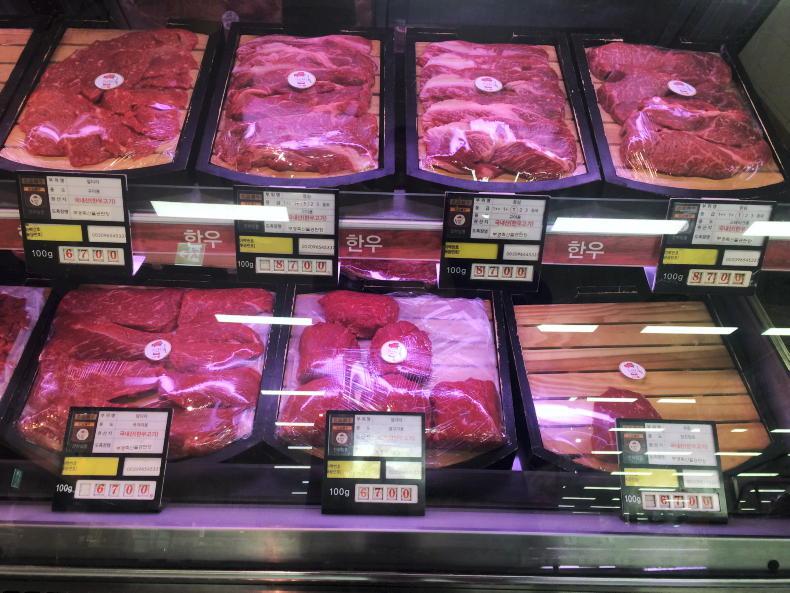While Irish dairy and pigmeat exports to Asian markets fluctuate, it is disappointing to see beef exports to Asia for the first six months of 2022 are at their lowest point since 2018.
Being excluded from China and South Korea doesn’t help but progress in Japan is particularly disappointing with just 1,510t of Irish beef exported there in the first half of 2022, despite having access for almost a decade. Compare this to the 155,500t of beef exported by the US to Japan and we can see both the potential and negligible impact we have made.
It is also a concern that for the first half of 2022, our exposure to the UK beef market is at its highest point for five years given the pressure this market is likely to come under in the next year when Australian and New Zealand exports start to flow.
The huge increase in volumes of dairy and beef going north as part of the increased volumes to the UK for the first half of the year are a reminder of how dependent these sectors are on the EU and UK finding a protocol solution.
Economics essential to tillage sustainability
In this week's edition, Siobhán Walsh details how the Irish malting barley grower gets just 1c from a pint of stout. It follows on from the revelation that Boortmalt placed a €12.50/t energy charge on its suppliers this harvest.
Those companies cannot continue to watch farmers take financial risk in meeting malting barley specifications while tillage incomes struggle.
Our Government should not need to incentivise farmers to grow tillage crops. The drinks industry depends on the image of the farmer to sell their product and the financial risk growers take in meeting specifications should be reflected in the price. Sustainability needs to cover all bases – economics at farm level being the most important.






 This is a subscriber-only article
This is a subscriber-only article









SHARING OPTIONS: